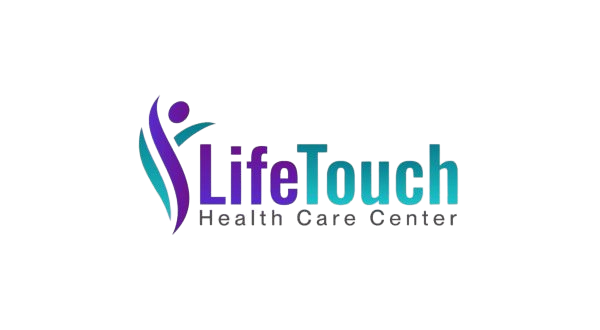PTSD
- Home
- PTSD
PTSD
Post-Traumatic Stress Disorder (PTSD) is a mental health condition that arises after experiencing or witnessing a traumatic event, such as combat, assault, accidents, or natural disasters. Symptoms include intrusive memories, flashbacks, nightmares, emotional numbness, and heightened anxiety, often leading to avoidance of trauma-related triggers and difficulties in daily functioning.
Treatment typically involves therapies like Cognitive Behavioral Therapy (CBT) and Eye Movement Desensitization and Reprocessing (EMDR), as well as medications like antidepressants to manage symptoms. Coping strategies such as mindfulness, exercise, and support groups also play essential roles in recovery. With appropriate treatment and support, individuals with PTSD can regain control over their lives and improve their mental well-being.
Post-Traumatic Stress Disorder (PTSD): Causes, Symptoms & Management
Post-Traumatic Stress Disorder (PTSD) is a mental health condition that develops after experiencing or witnessing a traumatic event, such as war, assault, accidents, natural disasters, or abuse. It affects emotional well-being, leading to intrusive memories, flashbacks, nightmares, and heightened anxiety. People with PTSD may experience emotional numbness, avoid reminders of the trauma, and have difficulty sleeping or concentrating. The condition is linked to changes in brain function, particularly in how the brain processes fear and stress. Treatment typically includes psychotherapy, such as Cognitive Behavioral Therapy (CBT) or Eye Movement Desensitization and Reprocessing (EMDR), and medication like antidepressants to manage symptoms. Coping strategies, such as mindfulness, exercise, support groups, and relaxation techniques, also play a vital role in recovery. With proper intervention and support, individuals with PTSD can regain control over their lives and improve their overall mental health.
Key Aspects of PTSD
🔹 Causes & Risk Factors
- Experiencing or witnessing life-threatening or traumatic events (e.g., combat, assault, accidents).
- Childhood trauma, abuse, or prolonged exposure to distressing situations.
- Sudden loss of a loved one or exposure to violence.
- Genetic predisposition or history of mental health disorders.
🔹 Symptoms of PTSD (Can vary in severity and duration)
- Intrusive Memories & Flashbacks – Re-experiencing the trauma through vivid memories, nightmares, or distressing thoughts.
- Avoidance – Steering clear of places, people, or situations that remind them of the trauma.
- Negative Changes in Thinking & Mood – Feelings of hopelessness, detachment, and difficulty experiencing positive emotions.
- Hyperarousal & Reactivity – Being easily startled, experiencing irritability, trouble sleeping, or difficulty concentrating.
🔹 Diagnosis & Treatment
- Psychological Evaluation – Diagnosis by a mental health professional based on symptoms and history.
- Cognitive Behavioral Therapy (CBT) – Helps individuals reframe traumatic memories and develop coping strategies.
- Eye Movement Desensitization and Reprocessing (EMDR) – A therapy designed to help process trauma using guided eye movements.
- Medications – Antidepressants, anti-anxiety drugs, or mood stabilizers to manage symptoms.
🔹 Coping Strategies & Self-Help Techniques
- Mindfulness & Relaxation Techniques – Deep breathing, meditation, and yoga to reduce anxiety.
- Exercise & Physical Activity – Helps regulate stress hormones and improve mood.
- Building a Support System – Engaging with family, friends, or PTSD support groups.
- Journaling & Expressive Writing – Processing emotions through writing or creative outlets.
- Avoiding Substance Abuse – Reducing alcohol or drug use to prevent worsening symptoms.
PTSD can be a challenging condition, but with professional treatment, self-care strategies, and a strong support system, individuals can gradually heal and regain control over their emotional well-being.
Why Choose Us
Choose LifeTouch Healthcare for a personalized, practical approach to mental health, where we provide actionable solutions to help you thrive. Our compassionate team is dedicated to supporting your journey toward lasting well-being.
Trained Psychiatry
Highest Quality Service
Contact Us In Any Way

